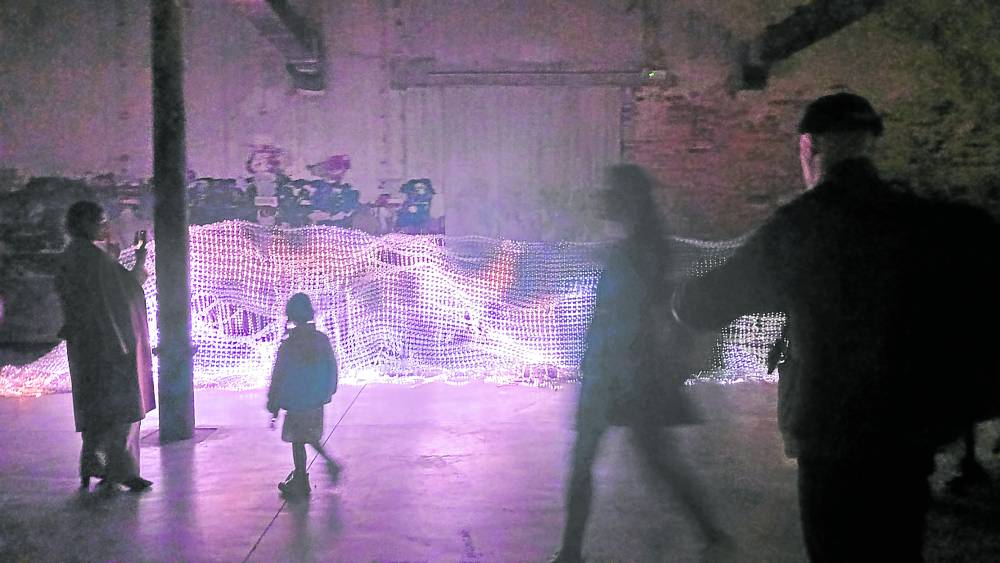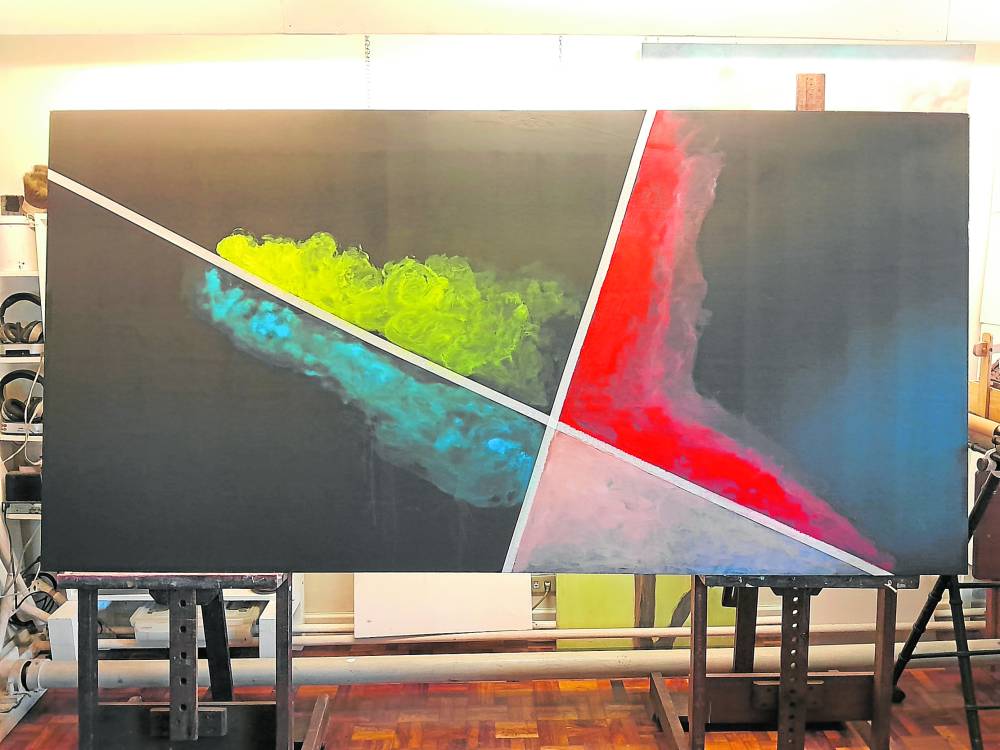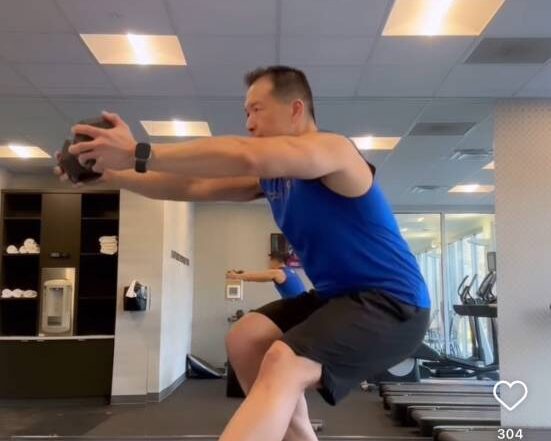
If Ivana Trump did not fall down the stairs, would she still be alive today? Maybe.
New York City’s medical examiner ruled that the socialite-businessperson ex-wife of former US President Donald Trump died from “blunt impact injuries” to the torso when she fell and was found unresponsive at the bottom of the stairs of her Upper East Side home in Manhattan. Trump had been nursing an ailing hip prior to the fatal fall, such that she could not even leave her apartment for a trip to the Hamptons, according to a report in the New York Post. She was 73.
The Centers for Disease and Control Prevention considers falls the leading cause of injury-related deaths among adults 65 years and older. Currently, about 64 out of every 100,000 elderly die from accidental falls.
“Seniors may have a higher risk of falling when they have vision problems, when their legs are weak or when they have abnormalities in the brain (like from a stroke) that can affect balance,” Dr. Mary Janice Zamuco, geriatrics specialist at Makati Medical Center, told Lifestyle.
Fall risks
Some maintenance medications can also make seniors prone to falling. Some blood pressure drugs, for example, cause the blood pressure to drop too low to cause dizziness. Insomnia and anxiety meds can also make patients sleepy or dizzy, she said.
Visual abnormalities like cataracts or glaucoma, history of strokes, Parkinson’s disease, dementia, generalized weakness or deconditioning, nerve problems like numbness on the soles of the feet common among diabetics, and low blood pressure are just some of the medical conditions that increase the risk of falling among the elderly.
The good news is, you can fallproof your home. Zamuco suggests to clear your home of clutter, like loose cords or rugs, boxes or toys lying around that seniors could trip over. Install good lightning so that the elderly can see everything clearly. Install grab bars along walls so they could hold on to something while walking when needed. Install risers on toilet seats so they don’t need to bend down so low.
“Falling can be dangerous if there is head trauma, and it causes bleeding in the brain. Hip fractures from a fall can also be very debilitating. Studies have shown that the risk of dying within a year of a hip fracture increases, compared to seniors who have not had a fracture,” she said.
To stay in optimum shape, Zamuco said seniors must engage in exercises that improve the gait and balance, like tai chi and leg-strengthening exercises. You can also enroll your senior to a physical medicine and rehabilitation doctor who can design a physical therapy program for them.
“We always encourage seniors to stay active as much as possible. If they limit their activities and just sit or lie down the whole day, they actually become weaker and thus more prone to falling,” she said. “But it is important that they are assessed by a doctor to see if there are certain things that need to be done to decrease fall risk during activity.”
Fall-prevention programs
Zamuco said most hospitals have fall-prevention programs for admitted patients. The program involves early assessment of fall risks and intervention. Outpatients can consult with geriatricians who specialize in senior care, physical medicine and rehabilitation doctors, and physical therapists. They can write fall prevention programs for the outpatient.
Are there tests that predict the likelihood a senior falling in the future?
“Yes. Assessing fall risk is an important part of the evaluation we do for senior patients. We go through their history and observe the way they stand, move, and walk as part of the physical exam,” she said. “From this, we can decide if further testing needs to be done. We also make recommendations for exercises or the need to use assistive devices like a cane or walker.”
Zamuco added it is important to check for injuries immediately after a fall, like possible fracture or wounds. If the elderly hit their head, go to the ER, especially if there are danger signs, like loss of consciousness, vomiting or headaches.
“It’s also important to find out why and how the senior fell and to try to prevent future falls,” she said.
Falling when you suddenly lose balance is not necessarily a sign of aging. Some young patients have problems with balance. Falling is common among the elderly, but not all seniors have problems with falls, she said. —CONTRIBUTED








































